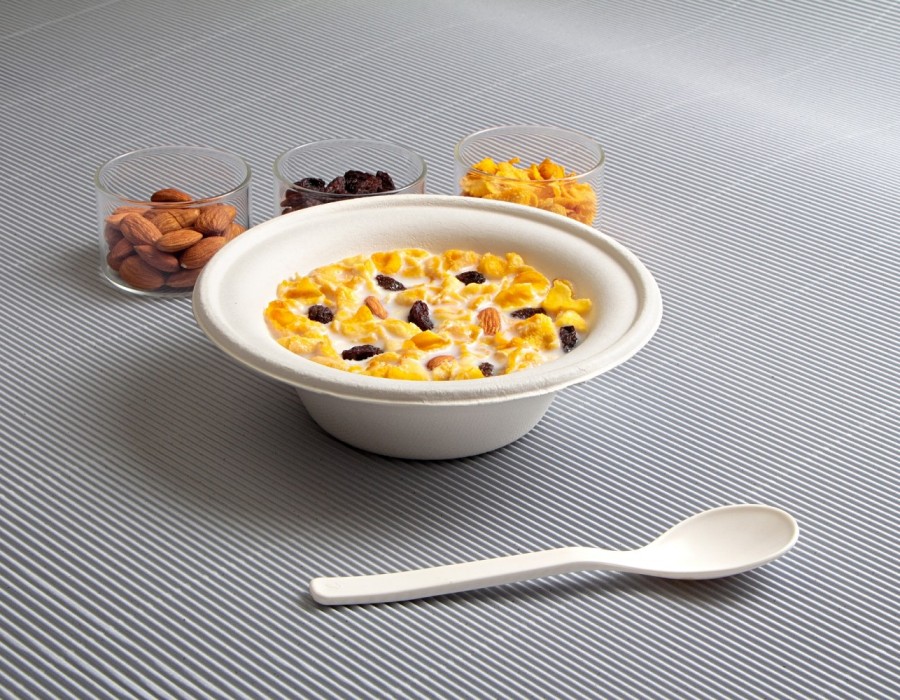Introduction
As environmental concerns become a pressing issue in the food industry, quick service restaurants (QSRs) are increasingly turning to eco-friendly packaging solutions. One product gaining significant traction is sugarcane bowls, which offer a sustainable alternative to traditional plastic and Styrofoam containers. With consumers becoming more environmentally conscious, QSRs have embraced sugarcane-based packaging as a way to meet both business and environmental goals.
Sustainable, Practical, and Cost-Effective
Sugarcane bowls, made from the fibrous residue left after extracting juice from sugarcane (known as bagasse), are both biodegradable and compostable. For QSRs, these bowls strike the perfect balance between sustainability and functionality. They are durable enough to handle a variety of food types, from salads to hot soups, making them versatile for different menu items. Additionally, they offer a cost-effective solution as more manufacturers scale up production, driving prices down. This aligns with the cost-sensitive nature of QSRs while fulfilling consumer demand for eco-friendly packaging.
Consumer Preferences Drive Change
Consumers are becoming more aware of the environmental impact of their dining choices, influencing their decision to support businesses with sustainable practices. Sugarcane bowls are increasingly viewed as an ethical choice, providing QSRs with a competitive edge in attracting eco-conscious customers. Many QSR chains now advertise their use of compostable packaging, which builds brand loyalty and helps businesses align with sustainability goals.
Regulatory Push for Eco-Friendly Packaging
Government regulations in many countries are pushing the food industry to phase out single-use plastics and adopt biodegradable alternatives. This trend is especially visible in QSRs, which have traditionally relied on plastic packaging. Sugarcane bowls meet regulatory requirements for eco-friendly packaging, ensuring that businesses stay compliant while maintaining their operational efficiency.
A Future Focused on Sustainability
As QSRs continue to innovate in both menu offerings and operational practices, the shift toward sustainable packaging like sugarcane bowls represents a broader commitment to environmental stewardship. With rising consumer awareness and increasing governmental pressure, the popularity of sugarcane bowls in quick-service restaurants is set to grow even further. Their role in reducing waste and promoting sustainability makes them a key component of the future of the food industry.





Comments